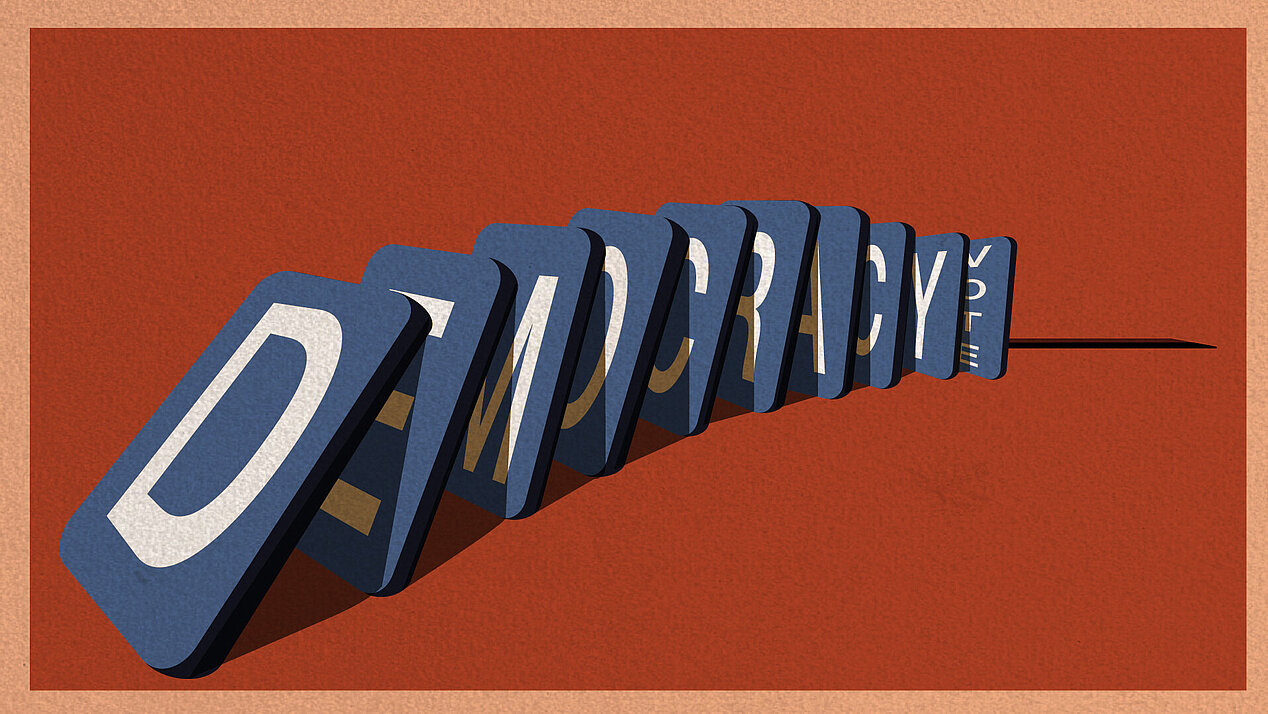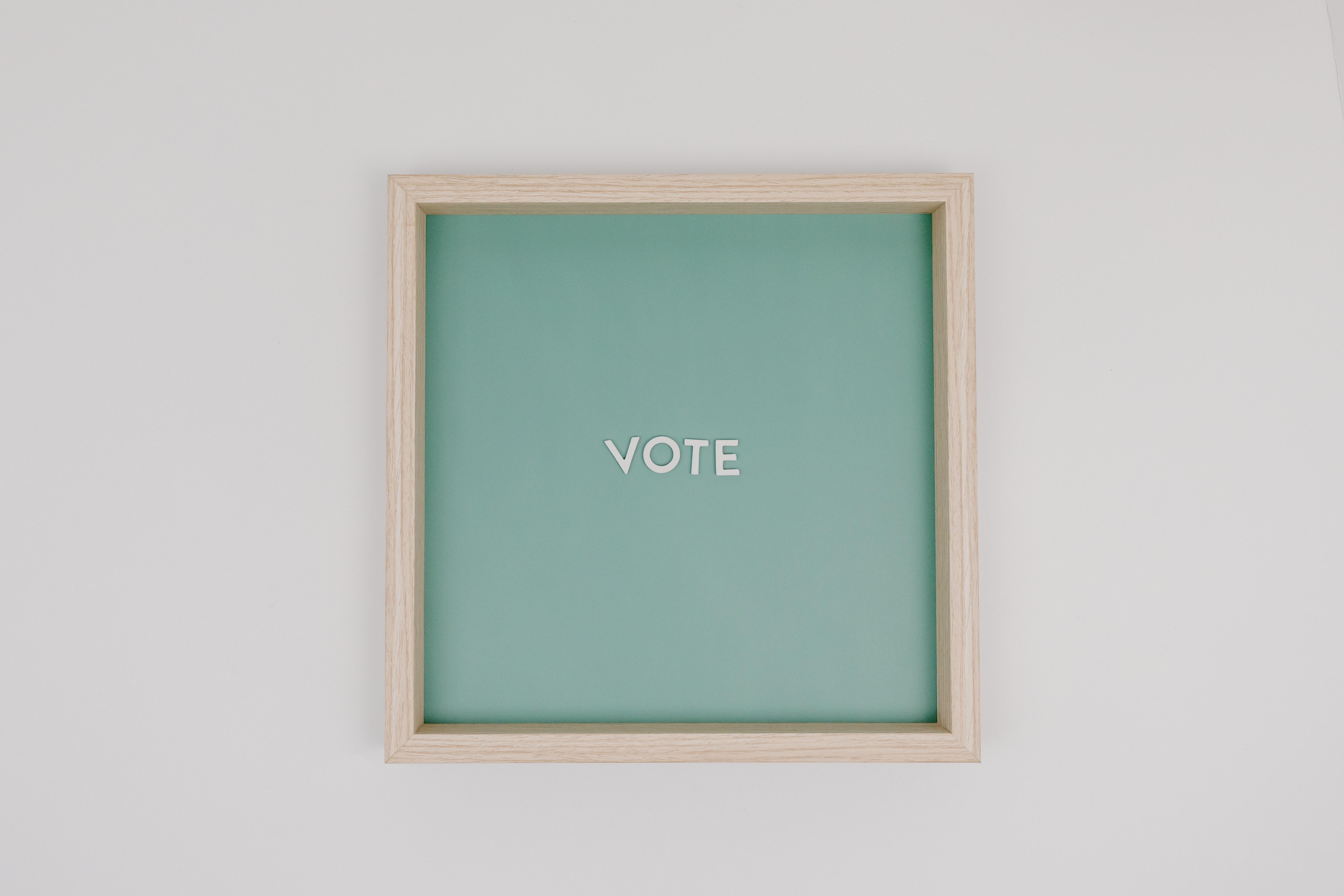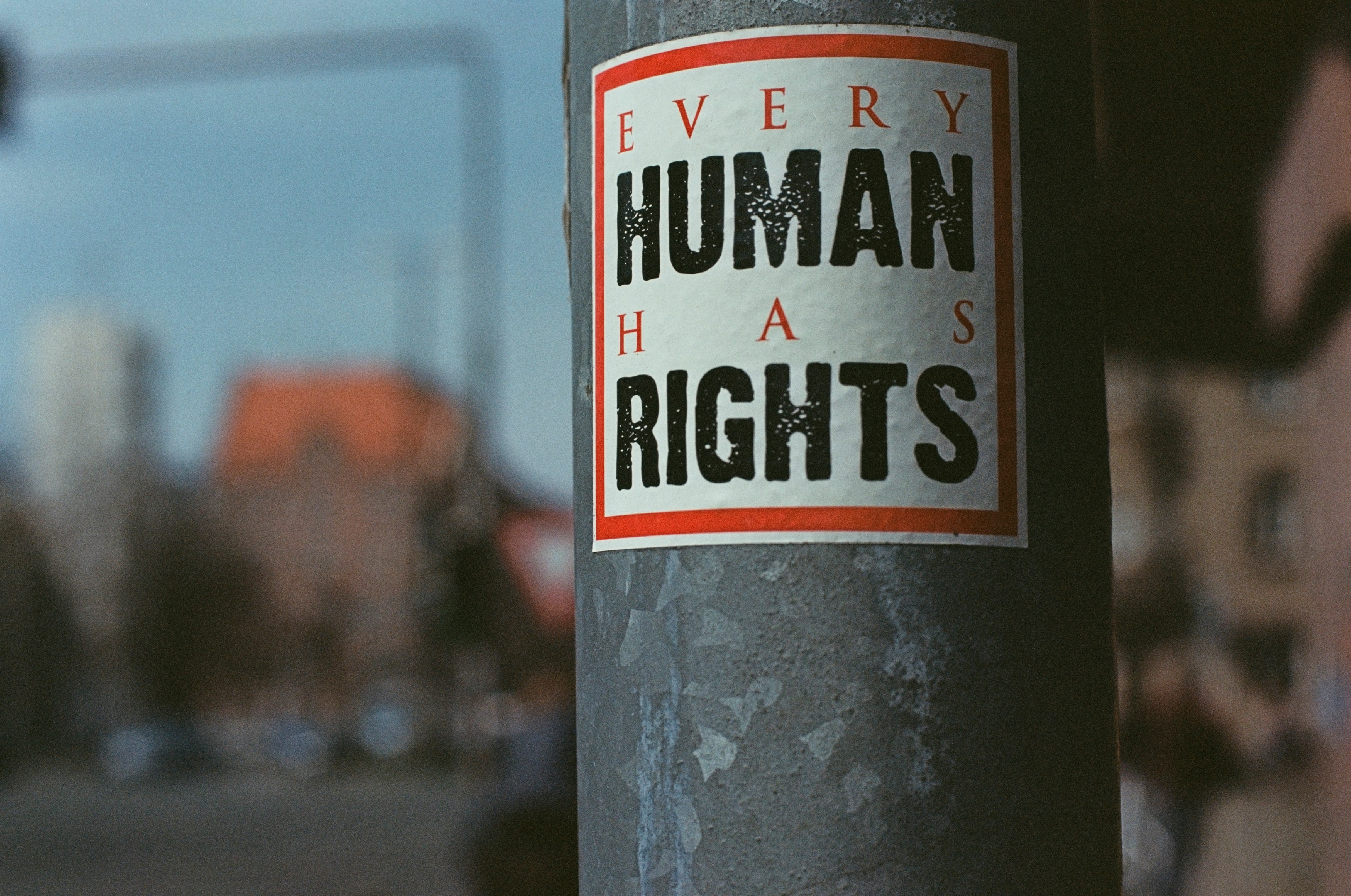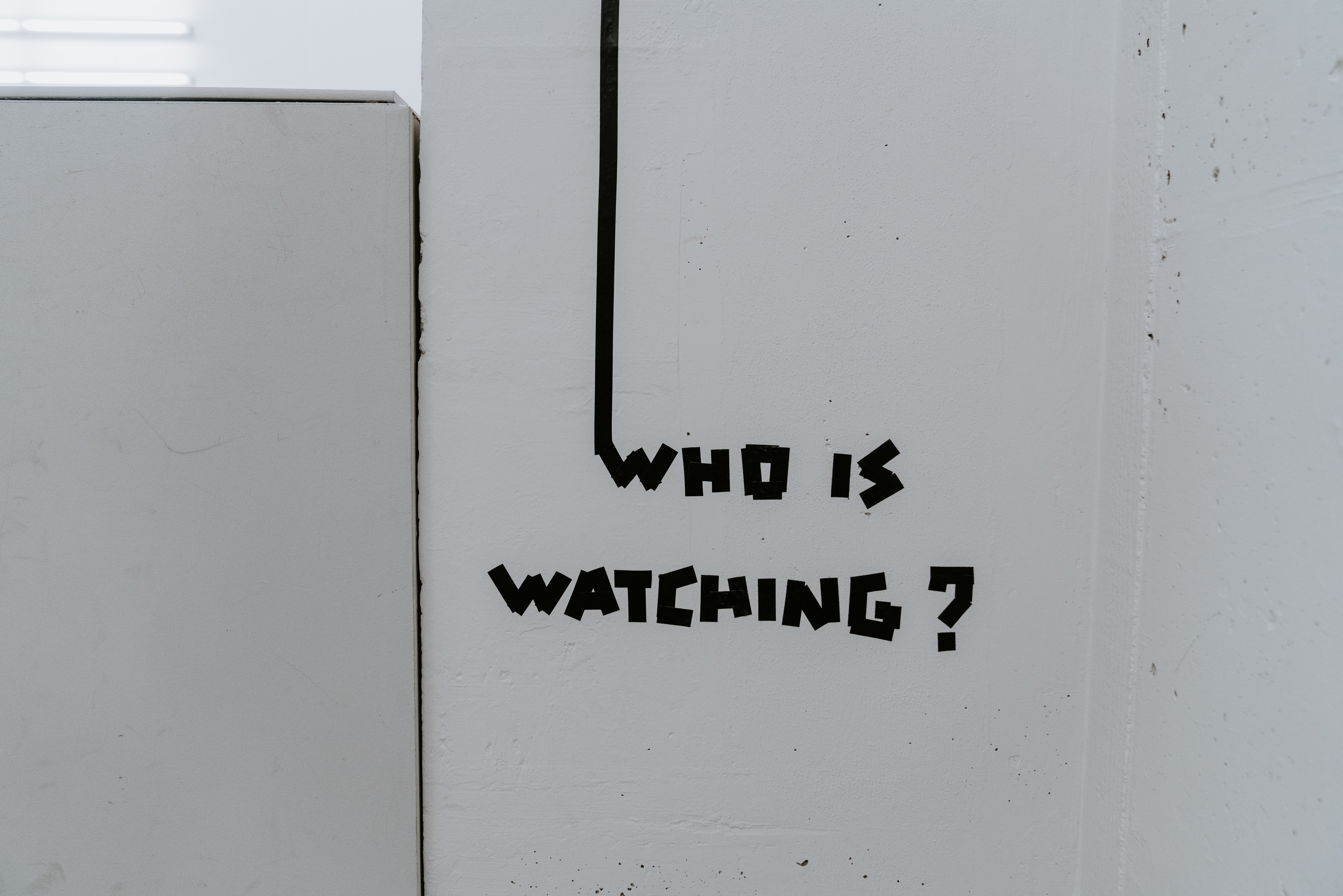From Poland to Fiji
First, most of the world’s countries are in the democratic spectrum (56 percent): 35 states qualify as liberal democracies and 62 as electoral democracies. Of the remaining countries 56 (32 percent) are electoral autocracies and 21 (12 percent) are closed autocracies.
Second, the world saw a gradual but steady increase in liberal democracy until around the year 2005. Since then, levels of democracy have been relatively stable across the world and remain close to an all-time high. However, there is a clear downward trend in the number of countries making democratic advancements since at least 2008, and the number of countries regressing towards autocracy has increased since roughly around the turn of the century.
Third, the picture looks different if levelsof democracy are weighted by the size of each country’s population. Whereas a number of smaller countries have made progress on democracy, such as Bhutan, Burkina Faso, and Fiji, only one major country has (Nigeria). Big, populous countries have shown the greatest declines in democracy, including Brazil, the Democratic Republic of the Congo, India, Poland, Russia, Turkey, Ukraine, and the United States. The number of people living in non-democratic countries is growing.
Fourth, while multi-party elections continue to improve, they are at risk of losing their meaning. Media autonomy, freedom of expression and alternative sources of information, and the rule of law have undergone the greatest declines among democracy metrics in recent years. This trend affects both autocracies and democracies.
A final key finding concerns inclusion. Although liberal democracies are systematically better than other regimes in securing people’s democratic rights, even in democracies women, minorities, and the poor are systematically disadvantaged in their access to political power.
[...] even in democracies women, minorities, and the poor are systematically disadvantaged in their access to political power.
These global trends do not tell the whole story, as they may obscure much countryspecific variety in regime transitions. In any given year several dozen countries change status. In 2017 alone, 24 countries advanced and another 24 regressed. In Europe over the past ten years negative change has outweighed improvements. Albania joined the group of liberal democracies, but four EU Member States – Hungary, Lithuania, Poland, and Slovakia – lost their status of liberal democracies to become electoral democracies, while Serbia fared even worse and became an electoral authoritarian state.







